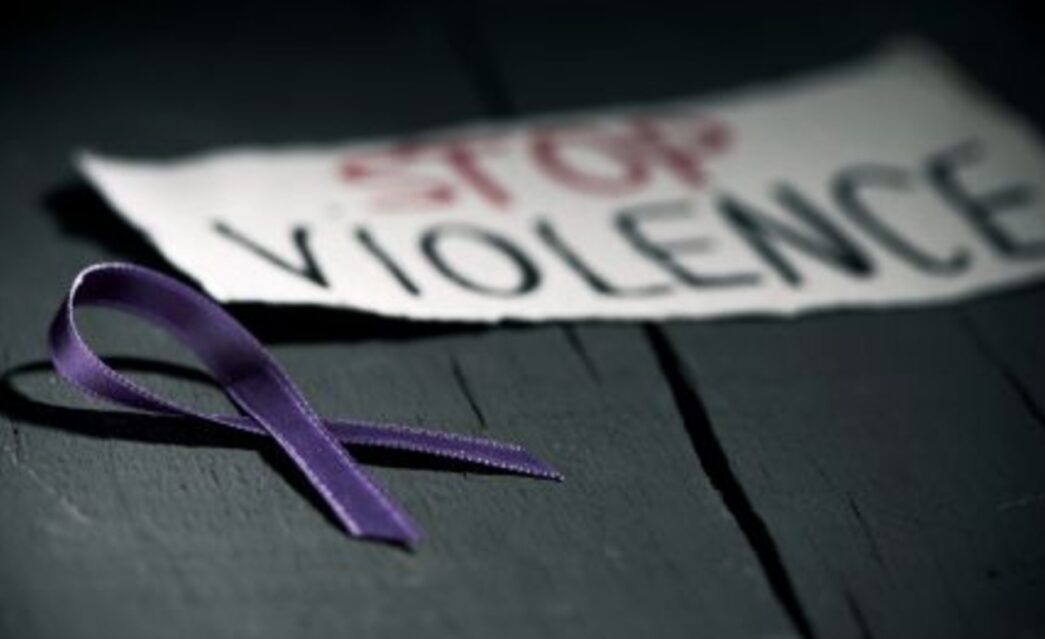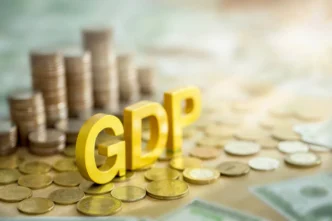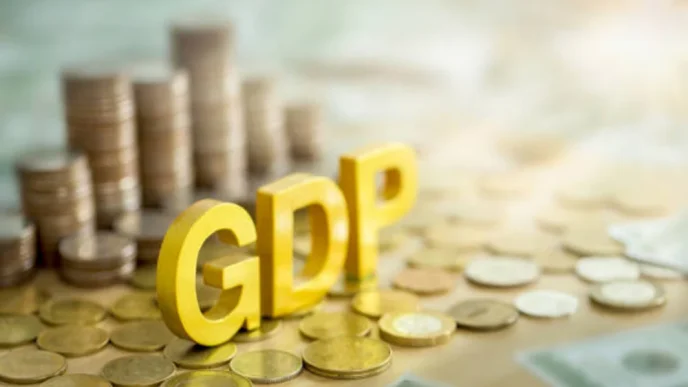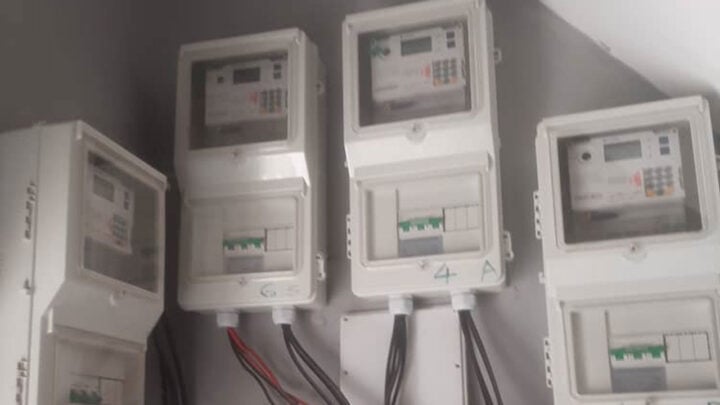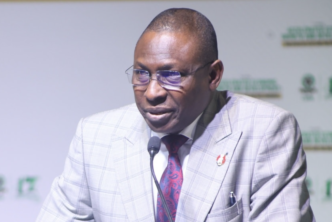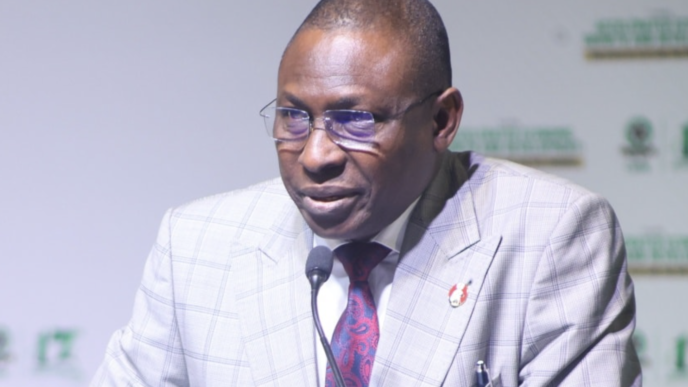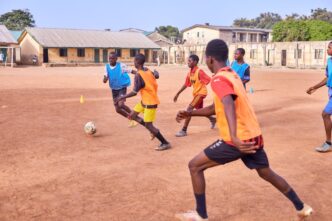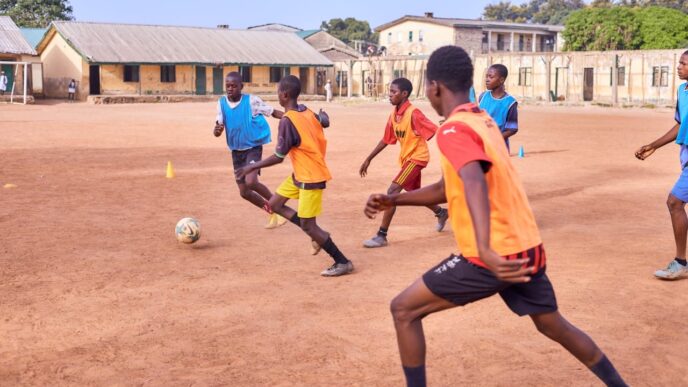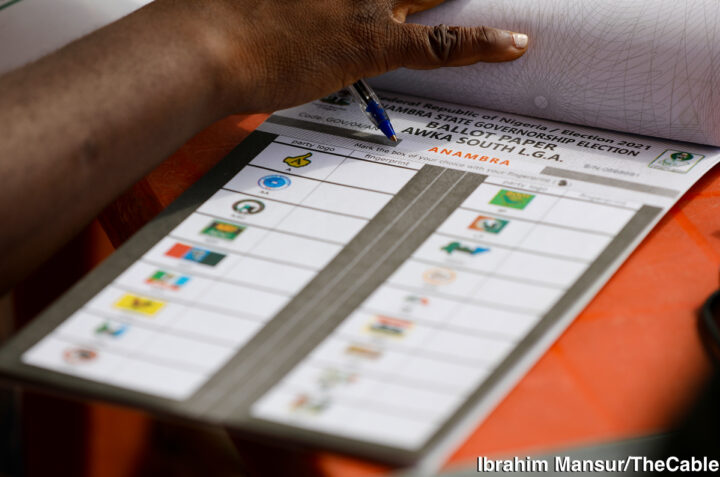BY ELIZABETH CHUKWU
In December 2024, a 71-year-old French woman named Gisèle Pelicot made headlines when she opted for a public trial of her husband, alongside the fifty other men he’d invited to sexually assault her over a decade. Gisèle, who trusted and loved her husband, thought her husband him loving for cooking her dinner and getting her ice cream before bed, a role he’d only played for the sake of drugging her. To Gisèle, he was kind, familiar, and safe. How could she have thought him capable of such unimaginable acts?
This story is horrifying, but it also emphasises a truth: women cannot always discern which men are safe. This reality is not a result of paranoia but of lived experiences and systemic patterns of violence. Yet, when women speak about the dangers they face, the defensive refrain of “not all men” often surfaces. While technically true, it misses the point entirely and undermines the validity of the concerns being raised. To understand why this response is problematic, we must explore both the statistical realities of gender-based violence and the cultural structures that perpetuate it.
The Scope of Gender-Based Violence
Advertisement
Globally, one in three women has experienced physical or sexual violence in her lifetime, according to the World Health Organisation (WHO). In many cases, the perpetrators are not strangers but individuals known to the victims, such as partners, family members, or acquaintances.
In Nigeria, where femicide rates are rising, the data manager of the Federal Ministry of Women Affairs reported that Nigeria recorded over 27000 gender-based violence cases between 2020 and 2023, with an admission recognising Nigeria’s culture of silence due to fear, stigma, or lack of legal recourse. A 2018 study by the Nigerian Demographic and Health Survey (NDHS) revealed that 31% of women aged 15-49 have experienced violence at some point, an increment from the previous 28% in both 2008 and 2013.
When women voice concerns about male violence, these are the realities they are speaking from.
Advertisement
Why “Not All Men” is the Wrong Response
The defensive response of “not all men” shifts the focus of the conversation away from systemic issues and onto individual innocence. It prioritises the feelings of men over the safety and concerns of women, effectively silencing the dialogue.
The phrase also fails to address the core question women are forced to ask daily: how can we know which men are safe? The betrayal in cases like Gisèle’s is not an isolated anomaly. Perpetrators of violence often appear to be “good men,” blending into society. Fathers, brothers, boyfriends, and colleagues—trusted figures—can and do sometimes perpetuate violence, leaving women in a constant state of vigilance.
A 2022 survey carried out by the Australian Bureau of Statistics found that, in Queensland, 65% of women who had experienced sexual violence knew their attacker personally. This proximity makes it difficult, if not impossible, for women to determine who poses a threat. The “not all men” argument fails to acknowledge this complexity and instead places the burden of discernment and safety solely on women.
Advertisement
Cultural Conditioning: A Root Cause
A root cause of the “not all men” sentiment is an existing entrenchment in cultural norms and systems of power. From childhood, boys and girls are socialised in ways that perpetuate inequality. Boys are rarely taught about consent, emotional intelligence, or the boundaries of respect. Instead, they are often conditioned to associate masculinity with dominance, entitlement, and control.
Meanwhile, girls are raised to view their world as filled with potential threats. They are taught to dress modestly, avoid walking alone at night, and carry self-defence tools. These lessons show a tacit acknowledgement of the risks posed by men, yet the responsibility for safety is disproportionately placed on women.
This imbalance is evident in the social roles men assume as well. Fathers often view themselves as protectors of their daughters, brothers as guardians of their sisters. While these roles stem from care, they also reveal the underlying recognition of male violence. Yet, despite this acknowledgement, little is done to address the root causes of the problem: the entitlement and systemic privilege that fuel harm.
Advertisement
A Call for Accountability
If the goal is to create a safer society for women, men must move beyond defensiveness and take responsibility for dismantling harmful systems. This starts with introspection. Men need to examine their behaviour by asking these questions: Have you dismissed a woman’s concerns, laughed at a sexist joke, or stayed silent when a friend crossed a boundary? These actions, however small, contribute to a culture that normalises harm.
Advertisement
Men must speak up when they witness misogynistic behaviour, whether it’s in the workplace, among friends, or online. Silence is complicity. Additionally, parents and educators must prioritise teaching boys about consent and respect from an early age. Systemic change is just as important. Men in positions of power must push for stronger legal protections for women, better resources for survivors, and policies that address the root causes of gender-based violence.
Why Accountability Matters
Advertisement
When women speak about the dangers posed by men, they are not asking for blanket condemnation. They are asking for empathy and action. Saying “not all men” might feel like self-defence, but it is simply a failure to engage with the systemic patterns of harm that affect women worldwide.
Instead of focusing on individual innocence, the conversation must shift to collective responsibility. Only by addressing the culture that allows harm to persist can we hope to build a society where women no longer have to ask, “How can I know which men are safe?”
Advertisement
The question isn’t whether all men are the problem. The question is whether enough men will step up to be part of the solution.]
Elizabeth Chukwu is a Corps Member at Nigeria’s Institute for Peace and Conflict Resolution, Abuja; she writes via [email protected] ]
Views expressed by contributors are strictly personal and not of TheCable.
Add a comment

